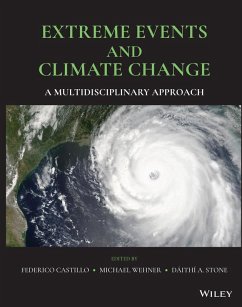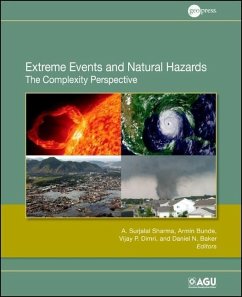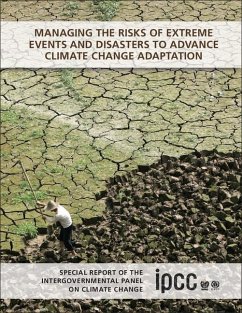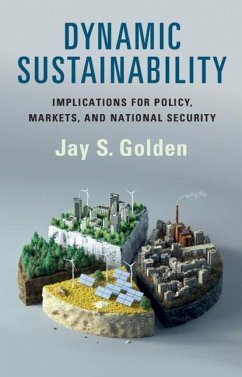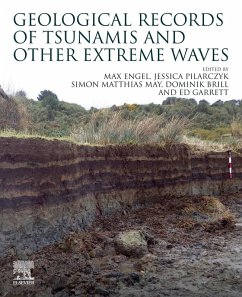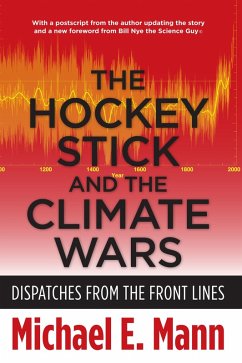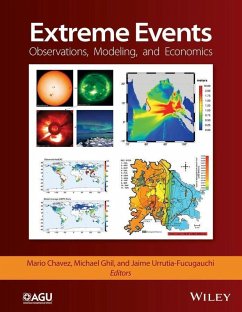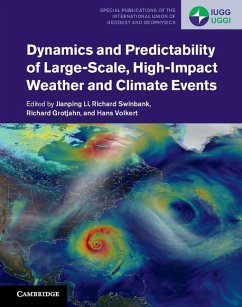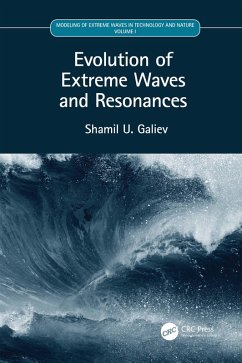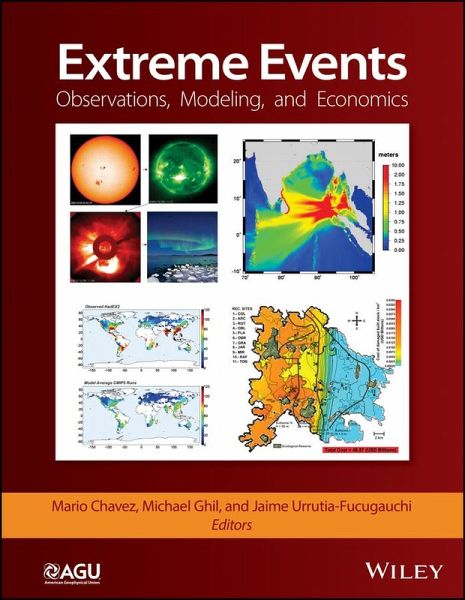
Extreme Events (eBook, ePUB)
Observations, Modeling, and Economics
Redaktion: Chavez, Mario; Urrutia-Fucugauchi, Jaime; Ghil, Michael
Versandkostenfrei!
Sofort per Download lieferbar
176,99 €
inkl. MwSt.
Weitere Ausgaben:

PAYBACK Punkte
0 °P sammeln!
The monograph covers the fundamentals and the consequences of extreme geophysical phenomena like asteroid impacts, climatic change, earthquakes, tsunamis, hurricanes, landslides, volcanic eruptions, flooding, and space weather. This monograph also addresses their associated, local and worldwide socio-economic impacts. The understanding and modeling of these phenomena is critical to the development of timely worldwide strategies for the prediction of natural and anthropogenic extreme events, in order to mitigate their adverse consequences. This monograph is unique in as much as it is dedicated ...
The monograph covers the fundamentals and the consequences of extreme geophysical phenomena like asteroid impacts, climatic change, earthquakes, tsunamis, hurricanes, landslides, volcanic eruptions, flooding, and space weather. This monograph also addresses their associated, local and worldwide socio-economic impacts. The understanding and modeling of these phenomena is critical to the development of timely worldwide strategies for the prediction of natural and anthropogenic extreme events, in order to mitigate their adverse consequences. This monograph is unique in as much as it is dedicated to recent theoretical, numerical and empirical developments that aim to improve: (i) the understanding, modeling and prediction of extreme events in the geosciences, and, (ii) the quantitative evaluation of their economic consequences. The emphasis is on coupled, integrative assessment of the physical phenomena and their socio-economic impacts. With its overarching theme, Extreme Events: Observations, Modeling and Economics will be relevant to and become an important tool for researchers and practitioners in the fields of hazard and risk analysis in general, as well as to those with a special interest in climate change, atmospheric and oceanic sciences, seismo-tectonics, hydrology, and space weather.
Dieser Download kann aus rechtlichen Gründen nur mit Rechnungsadresse in A, B, BG, CY, CZ, D, DK, EW, E, FIN, F, GR, HR, H, IRL, I, LT, L, LR, M, NL, PL, P, R, S, SLO, SK ausgeliefert werden.




